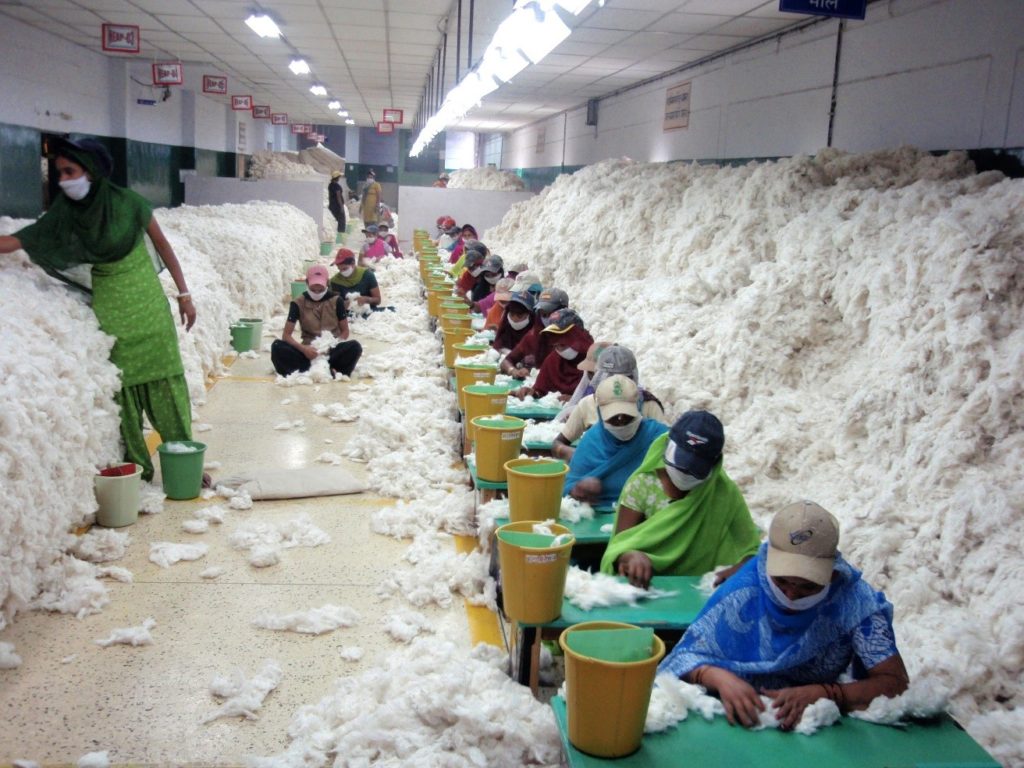CHENNAI – About 45 million workers are employed in India’s thriving textile and garment industry. The Southern India Mills’ Association (SIMA) has introduced a new code of conduct to protect the safety of the largest group employed in the garment industry workforce – women.

According to Thomson Reuters,
“Numerous studies have shown that low pay, intimidation, sexual harassment, and other abusive working conditions are common, with the standard working week often exceeding 60 hours.”
Under the association’s new code of conduct, SIMA members will no longer employ anyone under the age of 16 or require any employee to work more than nine hours in a day.
The code addresses the dignity and proper treatment of women throughout their entire course of employment and provides formal grievance mechanisms within member businesses.
Issues addressed include sexual harassment, maternity benefits – including protection from termination when pregnant – and minimum wages. One clause prohibits employing teenage girls on night shifts.
According to a report by Better Buying last year, intense pressure from U.S. retail firms on Indian manufacturers to “delivery more quickly and cheaply” had become a major contributor to labor abuses, particularly among women and teenage girls.
Although much of what is contained in the SIMA code is already required by law, the association code of conduct is an important step in encouraging voluntary compliance with ordinances that are difficult for labor officials to monitor and enforce.
Kannagi Packianathan, the chairwoman of the Tamil Nadu State Commission for Women, lauded the SIMA code as “very important because it updates employers about the latest laws and will create a safer workplace for the thousands of women employed in the industry.”
To read more news on India on Missions Box, go here.
Sources:
- Reuters, Take teen girls off night shift, Indian factories told
- Just-Style, New code to help southern India factories tackle harassment
Image Source:
- CSIRO [CC BY 3.0]




